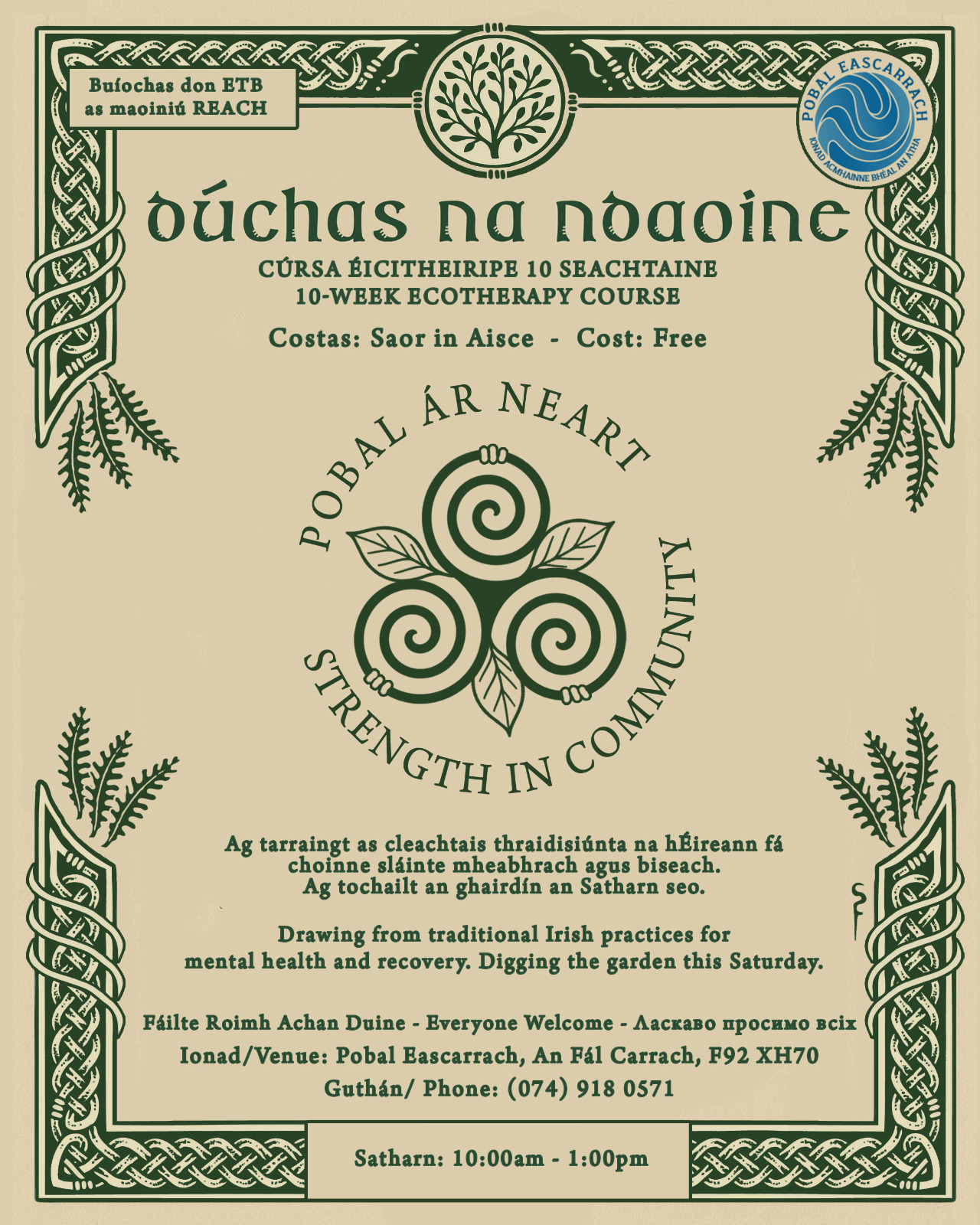
In 2023, the Oireachtas established a Citizens’ Assembly on Drugs Use, to evaluate legislative, policy and operational changes to reduce the harmful impacts of drugs on individuals, families, communities and society.
However, these reforms remain out of reach for most rural and Gaeltacht communities. Despite research linking addiction to socio-economic disadvantage, Donegal continues to experience an enduring shortage of resources such as counsellors, treatment programs, and accessible facilities.
Donegal’s geographic isolation and political neglect have long contributed to its marginalisation, which coined the term “the forgotten county.” No network of train lines and only a limited bus service reaching Gaeltacht areas, contributes to the lack of access to addiction treatment.
While much drug misuse is often associated with urban areas, Donegal is among the leading counties for hospitalisation due to alcohol and mental health challenges. Thirty-six per cent of child protection cases in the county are related to misuse of alcohol. With the increase in cocaine use and benzodiazepines, further signals the changing face of addiction that calls for community-based harm reduction intervention.
Ministerial Task Force on Measures to Reduce the Demand for Drugs had already acknowledged the relationship between drug abuse and socio-economic disadvantage as far back as 1996. The alcohol dependency in Donegal could be described as a social reaction to decades of neglect rather than an individual problem.
The community of Cloich Cheann Fhaola are actively reclaiming agency over their future, by starting a community-driven initiative called Dúchas na nDaoine, which integrates ecological restoration, cultural revitalisation, and mutual support. Centred on addressing addiction from the ground up.
At the centre of the project is a therapeutic community garden which the group are currently working on to grow native plants and herbs. With people actively participating in practical garden activities and exploring both the Irish-language names and folklore associated with the plants. This contributes to cognitive, physical, and emotional well-being, while simultaneously encouraging a sense of personal ownership and community pride.

The group currently have a free flexible 10-week Ecotherapy Course, permitting participants to attend sessions at their own convenience. The course is led by Seán Fitzgerald, a gardener with a background addiction recovery, alongside Paul Holdaway, a drug counsellor who brings over 30 years of professional expertise. It takes place on Saturdays from 10am to 1pm at Pobal Eascarragh, Falcarragh. Phone: (074) 9180571
All counselling services are provided on a donation based approach, meaning no one person will be excluded from participating due to finances. The initiative promotes the existing strengths and resources within the community thereby creating a model for inclusive and systemic recovery-based practices.
Despite the government neglect, the people of Donegal demonstrate individual and collective resilience and autonomy every day by community development groups throughout the county. Instead of waiting for change, this Gaeltacht community are reshaping their own recovery and hope.
Subscribe or register today to discover more from DonegalLive.ie
Buy the e-paper of the Donegal Democrat, Donegal People's Press, Donegal Post and Inish Times here for instant access to Donegal's premier news titles.
Keep up with the latest news from Donegal with our daily newsletter featuring the most important stories of the day delivered to your inbox every evening at 5pm.